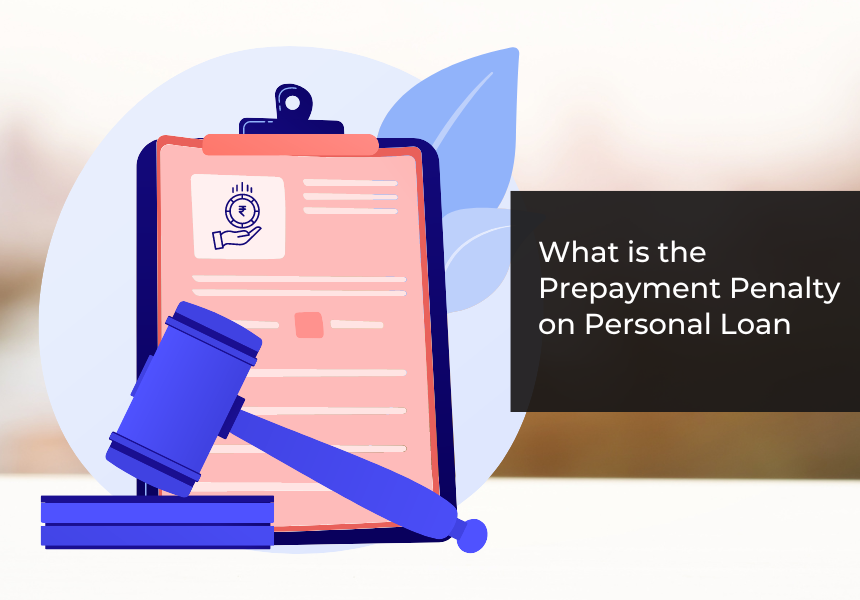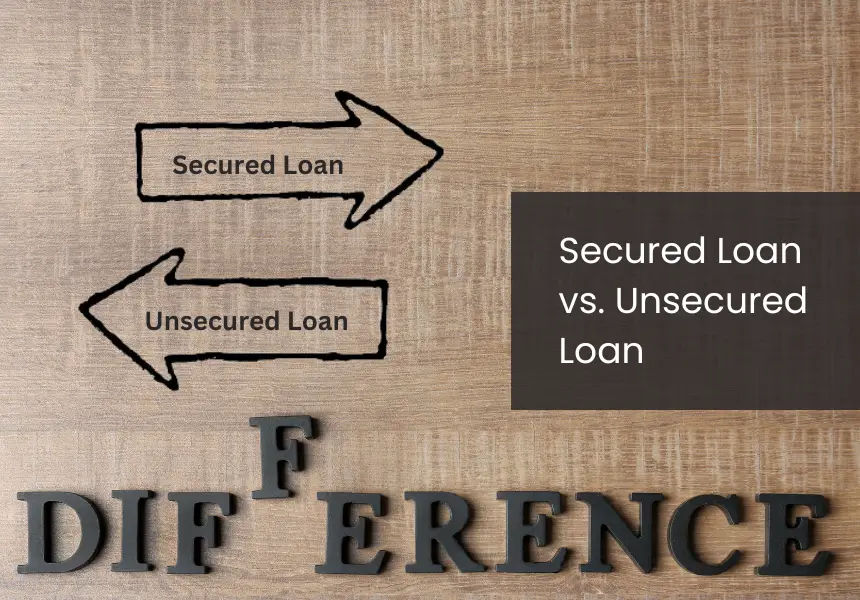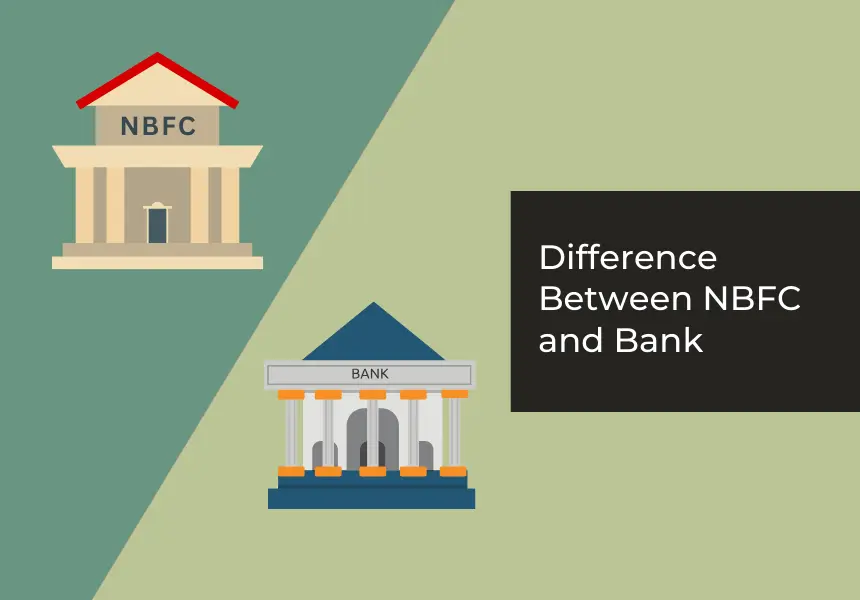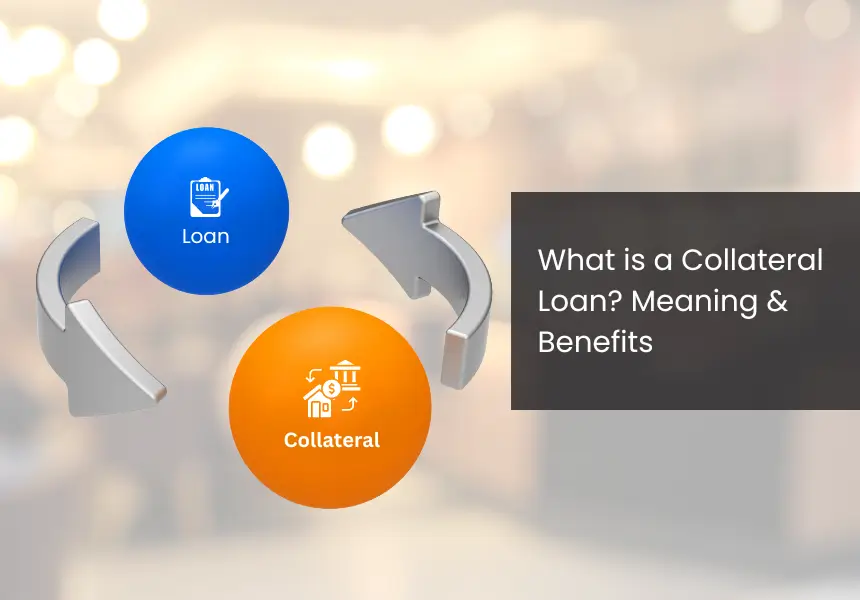
Getting a personal loan is the most popular financial option, whether for medical emergencies, weddings, travel or any other needs. But many people worry about the repayment of personal loans. Many borrowers often consider prepaying or foreclosing their existing personal loans due to the high-interest rates and EMI burden associated with loans. In most circumstances, prepaying a personal loan is beneficial for borrowers; however, in order to make an informed decision, borrowers should first do an in-depth cost-benefit analysis.
What is Personal Loan Prepayment
Personal loan prepayment refers to the act of paying off a personal loan in full or partially before the scheduled tenure ends. It allows borrowers to repay their loans ahead of time, reducing the overall interest burden and potentially saving money. Prepayment can be made in one lump sum or through multiple instalments, depending on the lender’s policies. Some financial institutions may charge a prepayment penalty or fee for early repayment, while others may offer incentives for borrowers who choose to prepay. Before making a choice, it is crucial to thoroughly evaluate the terms and conditions of prepayment to make sure they support your financial goals.
What is the Prepayment Penalty on a Personal Loan
A prepayment penalty is a fee imposed by lenders when borrowers repay a loan before the agreed-upon maturity date. This penalty is designed to compensate the lender for potential lost interest income and to discourage early repayment. The amount of the penalty varies depending on the loan agreement and the remaining loan balance. It’s important for borrowers to review the personal loan terms and conditions carefully to understand if a prepayment penalty is applicable and factor it into their decision-making process.
LoanTap levies 5% of the principal outstanding plus applicable taxes if the loan is repaid within 6 months of disbursal.
How does prepayment of a personal loan impact credit score?
The act of prepaying your personal loan itself does not impact your credit score in any way, positively or negatively. However, as your outstanding debt is reduced after prepayment, there is a positive impact on your credit score. Not to mention, it is great for your peace of mind to pay off your debt. Sometimes, that is more important than the credit score.
How to avoid a prepayment penalty on a personal loan?
At LoanTap, if you have been regularly paying your personal loan EMI for a period of 6 months, then post that period, you can go for prepayment of the loan without attracting any penalty.
This will help you save a significant sum of money that you would have otherwise paid as interest on the outstanding loan amount.
Should you decide to prepay your personal loan?
Getting out of debt as soon as possible is a scenario that appeals to many people. If you are in that group of people, it makes sense to prepay the loan as early as possible, with or without the prepayment penalty. This is because even if you pay the prepayment penalty, you are still saving big on your interest costs on the whole. Ultimately, the mental peace that results from paying off your debt is more important than small prepayment charges.
However, if you are going to pay off the loan early, make sure that you have enough left over in your savings after paying off the loan. If you are going to significantly drain your savings to prepay the personal loan, then it is not advisable, as soon, you may need to take another loan in case an emergency strikes.
FAQs about Prepayment of Personal Loans
Is there any penalty for the prepayment of a personal loan?
Yes, generally, lenders charge a penalty for the prepayment of personal loans. Usually the penalty starts after the lock-in period that is decided by the lender.
What is the prepayment penalty for a personal loan at LoanTap?
LoanTap levies 5% of the principal outstanding plus applicable taxes if paid before 6 months of the loan disbursal. However, if you have been regular with your EMIs for the first 6 months, then there is no prepayment penalty if you choose to prepay the loan after that period.
Is it a good idea to pre-close a personal loan?
Pre-closures do enable you to significantly reduce the amount of interest and EMIs that you would otherwise have to pay over the course of the loan. Hence, for your peace of mind and long term financial well being, it makes sense to pay off your loan as early as possible, without worrying about whether or not prepayment charges will be levied.
What is the difference between prepayment and preclosure?
Prepayment refers to partial loan prepayments made before the end of the term, whereas foreclosure refers to full loan repayments made prior to the end of the tenure.
When can I prepay my personal loan?
Prepayment, or paying the entire outstanding sum before the loan’s term is over, is one way to stop the flow of interest, though. Only when you have successfully repaid the first 12 EMIs on a personal loan you are permitted to prepay it.








